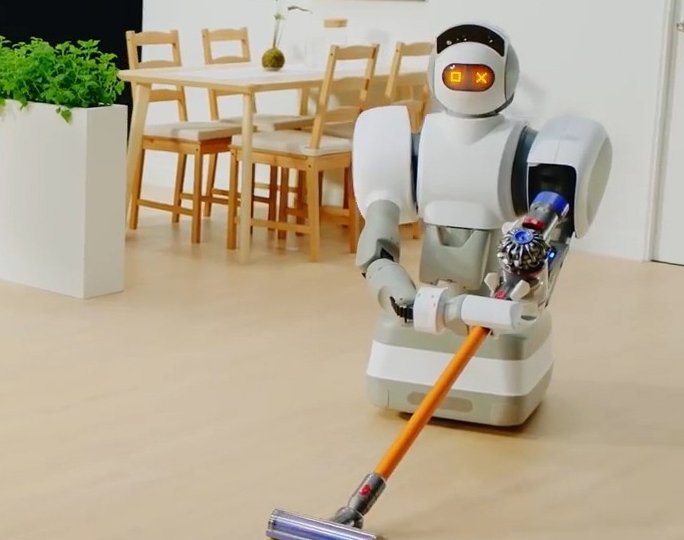The Future of the Cleaning Industry: Revolutionizing with Technology and Shifting Values
The cleaning industry, including residential services like apartment cleaning, is on the brink of significant changes. As technology advances and societal values shift, the market is set for a revolution. While many envision a future with cleaning robots, the transformation is likely to be driven by a combination of factors, from automation and AI to changing consumer ethics. Let's explore the potential directions the cleaning industry could take in the coming years.
1. The Rise of Cleaning Robots: Reality vs. Expectations

Robots are often seen as the future of cleaning, and indeed, advancements are rapidly being made in this area. Automated vacuum cleaners like the Roomba are already common, and more sophisticated robots capable of handling tasks like window cleaning, mopping, and even deep-cleaning kitchens are in development. However, full automation of household cleaning is still a long way off. The complexities of thoroughly cleaning diverse living spaces, managing clutter, and adapting to unique home environments make the task challenging for robots.
Realistic Timeline: Experts estimate that it could take another 10 to 20 years for cleaning robots to reach a level where they can fully replace human cleaners in most households. Even then, human oversight and intervention might still be required for more detailed or complex tasks.
2. Self-Cleaning Homes and Smart Technology
Beyond robots, the concept of self-cleaning homes is gaining traction. Innovations in smart home technology are leading to features like self-cleaning ovens, automated vacuum systems, and surfaces treated with materials that repel dirt and bacteria. Smart kitchens that manage waste, monitor cleanliness, and even sanitize themselves are under development.
Challenges and Adoption: While these technologies are promising, mass adoption depends on affordability and integration with existing home systems. For now, such solutions are mostly found in high-end, luxury homes, but as prices drop, they could become more widespread over the next decade.
3. Ethical and Political Shifts: The Future of Human Labor in Cleaning
As society evolves, so do attitudes towards labor and the ethics of outsourcing household chores. There are two contrasting trends emerging:
-
Anti-Capitalist Movements: Some left-leaning or anti-capitalist groups argue against the exploitation of low-paid labor for domestic work. These voices may push for reduced reliance on human cleaners, promoting self-sufficiency or communal cleaning models instead.
-
Exclusive Human Labor: On the opposite end of the spectrum, there’s a growing market for premium, human-only services that focus on personalized, luxury cleaning experiences. In this scenario, human cleaners could become more specialized and skilled, offering services that go beyond what any robot or automated system can provide.
4. The Role of Companies and the Future of the Cleaning Workforce
Cleaning companies will need to adapt to these changes to stay relevant. Here are some key trends:
-
Tech-Driven Companies: Companies that integrate AI, robotics, and smart scheduling will have a competitive edge. Those offering hybrid models—where robots handle routine tasks and humans focus on complex jobs—could dominate the market.
-
Re-Skilling and Upskilling the Workforce: As automation becomes more prevalent, cleaners may need to learn new skills, such as managing and maintaining cleaning robots or offering specialized, high-touch services that machines cannot replicate.
-
Ethical and Sustainable Business Models: Companies that focus on fair wages, eco-friendly cleaning products, and transparent business practices will likely appeal to ethically conscious consumers. This trend is already visible in Berlin and other major cities, where demand for green and socially responsible services is growing.
5. Conclusion: What’s Next for the Cleaning Industry?
The cleaning industry is heading towards a hybrid future where technology and human expertise coexist. In the coming decades, we can expect robots and self-cleaning homes to play a larger role, but they won’t fully replace the human touch. Ethical considerations and market segmentation will lead to diverse service offerings, ranging from automated solutions to premium, human-only experiences. For companies and cleaners, staying adaptable and embracing new technologies while maintaining a focus on customer service will be key to thriving in this evolving landscape.
As for when the real revolution will happen? We’re likely to see gradual but significant changes over the next 10 to 20 years, with smart homes and cleaning robots leading the way, supported by ethical shifts in how we view labor and domestic work.















